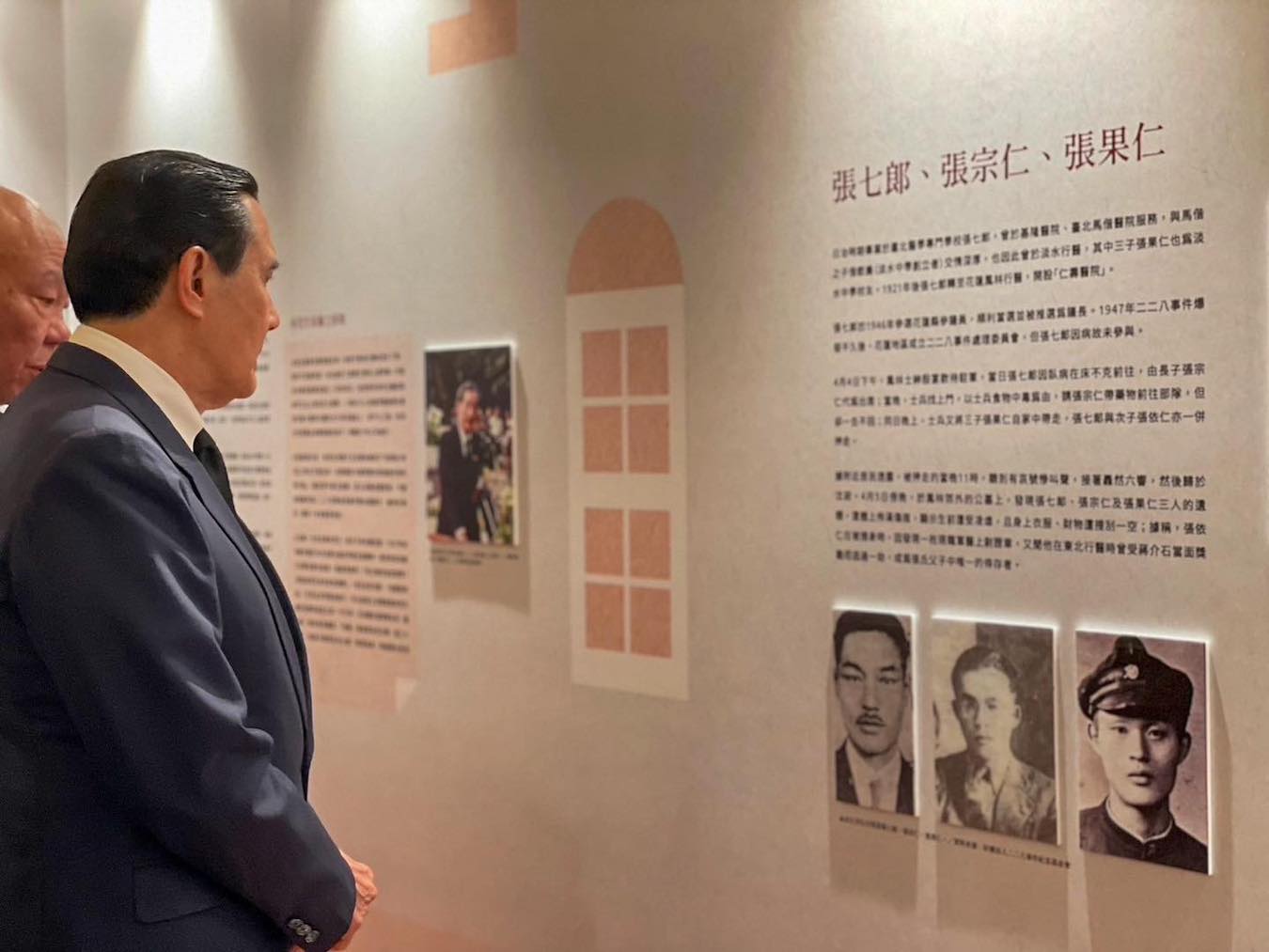by Brian Hioe
語言:
English
Photo Credit: Ma Wen-chun/Facebook
A RAFT OF new legislation proposed by the DPP aims to increase penalties for treason and prevent leaks.
A bill proposed by DPP legislator Chen Kuan-ting would increase the legal punishments for treason, as stipulated in the National Security Act. The penalties for treason in such a manner that endangers national security or leaking secrets would be increased from the current maximum penalty of seven years in prison and 50 million NT, so that the minimum penalty would be ten years and the maximum fine would become 100 million NT. Chen’s bill also calls for expanding the scope of sensitive materials that would lead to legal punishments.
Chen has also called for measures to ensure that judges do not mete out lax punishments for spying. As such, Chen calls for changes to the National Intelligence Service Act for special courts to be set up to deal with military matters. Judges that serve on these courts would be required to have specialized knowledge, to be required to undergo annual courses, and to receive training on security matters.
DPP legislators Lai Jui-lung and Chung Chia-pin have, in a similar timeframe, called for changes to the Legislators’ Conduct Act and Organic Act of the Legislative Yuan to prevent legislators, stenographers, aides, or other officials from taking notes or photographs from disclosing classified or otherwise sensitive materials. This would involve such individuals being required to sign a non-disclosure act and not being allowed to take their cell phones or other devices into meetings.
Indeed, Chung calls for changes to a number of current laws also including the Classified National Security Information Protection Act, the Rules of Procedure of the Legislative Yuan, and the Act Governing Relations Between the People of the Taiwan Area and the Mainland Area. This is with the argument that loopholes are needed to be closed in current laws. Chung and Lai have specified that these proposed legal changes are due to concerns about the KMT and TPP.
 Former president Ma Ying-jeou. Photo credit: Ma Ying-jeou/Facebook
Former president Ma Ying-jeou. Photo credit: Ma Ying-jeou/Facebook
Likewise, DPP legislator Puma Shen has called for amendments to the Act Governing Relations Between the People of the Taiwan Area and the Mainland Area so that the residency rights of Chinese spouses who have committed acts violating national security would be revoked. This would only apply to those who have committed such acts, however, rather than those who are considered as possibly committing such acts in the future–an important caveat emphasizing innocence before being proven guilty.
With the new laws, the DPP is honing in on the KMT given concerns about the KMT leaking secrets to or otherwise colluding with China. Apart from that former president Ma Ying-jeou is currently visiting China and is expected to meet with Chinese President Xi Jinping tomorrow, the KMT named legislator Ma Wen-chun to be co-chair of the Legislative Yuan’s defense committee. Ma is known for not only having voted 135 times against military budgets, but for leaking information about Taiwan’s domestic submarine program to China and South Korea. Yet in spite of controversy about her actions and the possible optics, Ma was the candidate that the KMT chose to serve in this position. This illustrates where the KMT stands when criticized about pan-Blue politicians for leaking secrets to China.
To this extent, with proposals on Chinese spouses, the DPP is taking aim at that the KMT currently calls for lowering the period required for Chinese spouses to obtain citizenship. Apart from that the KMT is likely seeking to increase its potential voter base, the DPP has criticized this as potentially dangerous to national security.
The KMT is likely to frame the DPP as simply seeking to crack down on opposing political views in the name of national security. For example, the KMT currently calls for reviving the Special Investigation Division (SID) of the Ministry of Justice and placing the SID under the authority of the legislature, so as to target acts of corruption by the DPP. This may be framed as a corresponding response to the DPP’s national security measures. This remains to be seen. Nevertheless, given stark partisanship in Taiwanese politics, one expects the DPP and KMT to continue to conflict on such issues.

